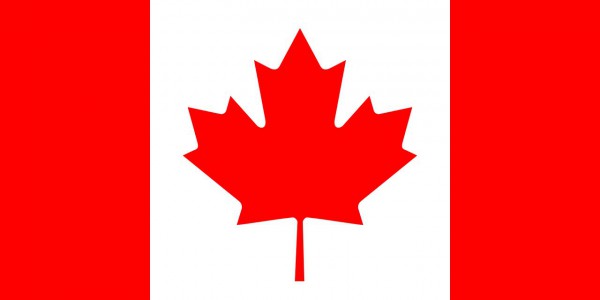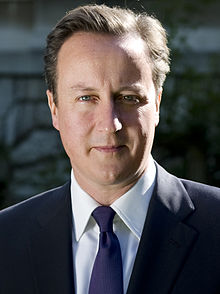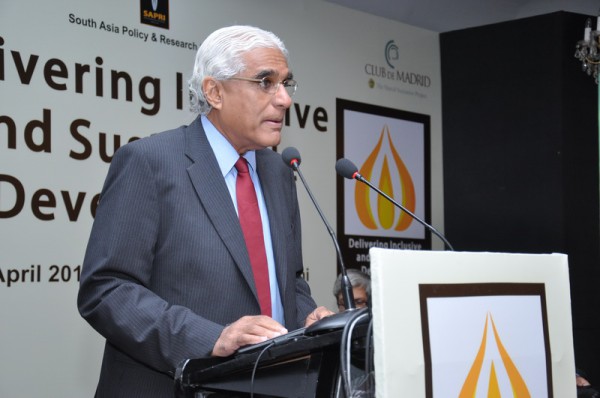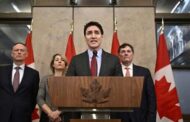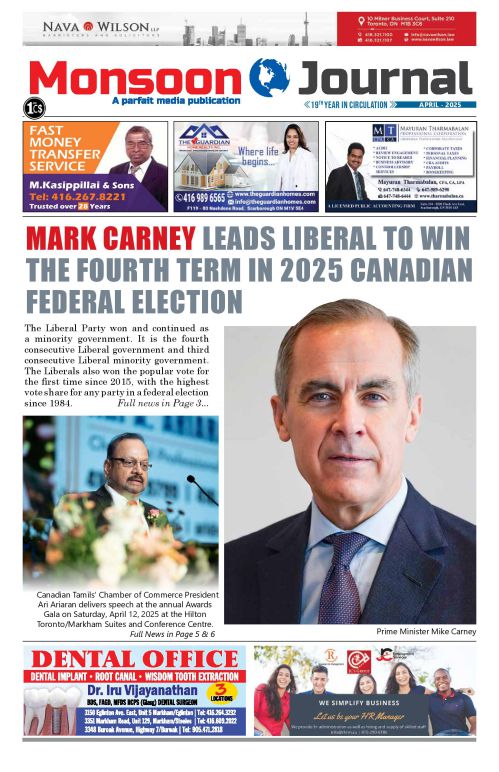by Harrish Thirukumaran
In only a few days, Canadians from coast to coast will be marking the 149th Canada Day on July 1st. Interestingly, one year from that time, Canada will be celebrating 150 years since its formation as a Confederation under Great Britain in 1867. These occasions usually have entailed barbeques, parades, picnics, a sense of patriotism, family bonding, and, of course, the always-extravagant fireworks.
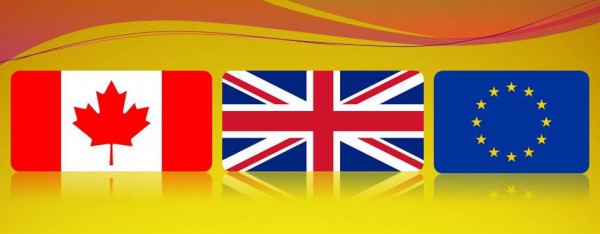
Yet, Canada Day 2016 will be occurring in the midst of significant global change. This is unfolding in Europe after the United Kingdom voted to leave the European Union (EU), a supranational organization governing the continent, on June 23, 2016.
Accordingly, it was a rather slim margin of victory for the leave or Brexit campaign, who acquired 51.8% of the vote in contrast to 48.1% for the remain campaign there. Based on news reports emerging in reaction to the vote, the event seems to represent the UK???s rejection of contemporary globalization. Particularly, it would be that of immigration policy which largely fueled this electoral indictment of the EU. Other consequences of this apparent upheaval include a falling British pound alongside an overall downward pressure in global financial markets; the forthcoming resignation of UK Prime Minister David Cameron; and new independence referendum discussions in Scotland. Although the UK faces the most direct complications from these and others from this successful ???Brexit??? vote, Canada is also positioned to feel the effects.
However, while these effects will certainly be economic in nature, with Canada Day approaching shortly, it also ideally induces a sort of reflection from the country on as a federation in a globalizing world. This Canada Day should be a time where Canadians from across different parts of the country reassert their sense of national cohesion and tolerance for each other and countries outside of it, such as in North America. Arguably, it has become necessary given that the referendum outcome has, from certain accounts, revitalized the sovereignty movement in Quebec. This seems akin to the situation between the United Kingdom and the European Union. Though, as the UK will soon realize with this decision, it involves a complex process of negotiations, especially concerning trade, because globalization has inevitably become an inevitable activity.
In light of the way our world currently operates, it is in best interest of all Canadian provinces to embrace the federal model and all of its values – economic policies, immigration and the environment. In response to Brexit, Prime Minister Justin Trudeau, on Canada???s behalf, acknowledged that the ???UK and the EU are important strategic partners for Canada with whom we enjoy deep historical ties and common values. We continue to build relations with both parties as they forge a new relationship.??? Furthermore, he maintained that Canadians??? own prosperity necessarily results from the cordial and professional relationships with the UK and various other countries. As reiterated by the Canadian PM, we are dependent on others for our wellbeing today.
Not only is this case for Canada itself, but it will also be so for the United Kingdom and the European Union in accommodating these political changes effectively. So Overall, with this and other considerations in mind, Canadians will certainly see the added significance of this Canada Day as the predecessor for the country???s 150th birthday that will glow on the world stage.
